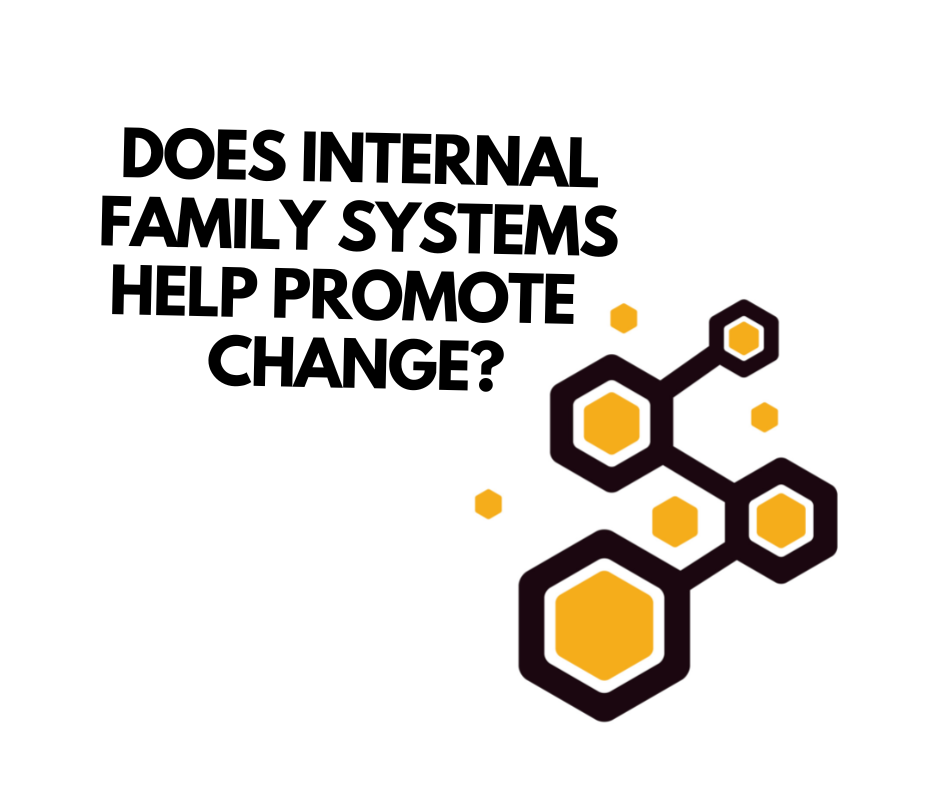The poet, Walt Whitman, famously wrote: “I contain multitudes.” In his own way, he was addressing the sub-personalities or “families” inside every person. You’ve certainly had days when you “didn’t feel like yourself.” Other times, you might notice a certain “side” of you comes to the forefront. This is partly why Internal Family Systems (IFS) therapy was created.
Throughout one’s life, events and situations cause strong emotions. As a defense mechanism, we create internal families to manage the potential struggles. When the wounded parts of you end up in conflict with other internal families, you lose touch with your core Self. IFS is designed to change these dynamics.
You, Your Self, and Other Parts
Your Self is the purest version of you. When you’re embracing this Self, you experience any or all of the 8 C’s of self-energy:
- Curiosity
- Calm
- Clarity
- Connectedness
- Confidence
- Courage
- Creativity
- Compassion
If these characteristics are not resonating with you, perhaps the other internal families are ruling the day. Such sub-personalities come in infinite forms but most often fit into the following three categories:
- Firefighters: As protectors, these families kick into action when an emotional trigger arises. They do their best to put out the fire.
- Managers: The planner works tirelessly to prevent anything it perceives as a potential crisis. Managers mean well but they frequently end up suppressing emotions that need to be processed.
- Exiles: These sub-personalities — often formed in childhood — contain extreme emotions and memories. As the name implies, the exiles are isolated from other sub-personalities and thus need to be integrated.
When the Self and other parts are engaged in inner conflict, there are external signs to watch for.
Signs of Inner Conflict
- Shame: Keep track of how you carry yourself and how you present yourself to others. You may be exuding shame without realizing it.
- Perfectionism: Nothing you do is good enough. Anything less than perfect is viewed as a failure
- Inner Criticism: Do you aim your anger inward as if you’re mad at yourself for all the internal conflict you feel?
- Reverting to Childhood Perspectives: When the war between your sub-personalities gets to be too much, you may regress to behaviors that felt appropriate when you were a child.
What Does IFS Treat?
Internal Family Systems therapy is an evidence-based practice. It can be applied in individual, couple, or family settings as a method of improving overall mental well-being A therapist may also apply IFS for clients dealing specifically with, for example:
- Depression
- Anxiety and phobias
- Trauma
- Body image issues
- Compulsive behaviors
- Substance abuse
- Bipolar
- Recovery from abuse (emotional, physical, or sexual)
Does Internal Family Systems Help Promote Change?
Your IFS therapist will help you not judge any of your internal families as “good” or “bad.” The goal instead is to identify some of these sub-personalities as polarized and in need of re-connection. It is the nature of our mind to “contain multitudes.” IFS is here to get these internal families collaborating in a more healthy manner.
Imagine, if you will, a literal family in conflict. The members are disconnected and often estranged. Addressing this scenario is not unlike what an IFS therapist does, e.g.
- Recognize each sub-personality for what it is and what it represents
- Identifying each internal family’s agenda and how the collective agendas may clash
- No longer labeling internal family members
- Accepting each part of you are part of a team
- Aiming to create a balanced dynamic in the name of addressing issues or problems that are holding you back
So yes, IFS therapy does indeed help promote change. It has a stellar track record for doing so. If you’re interested in learning more, let’s talk!




